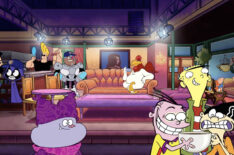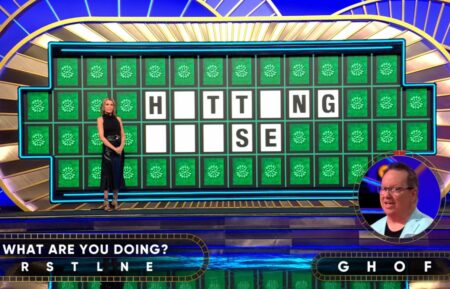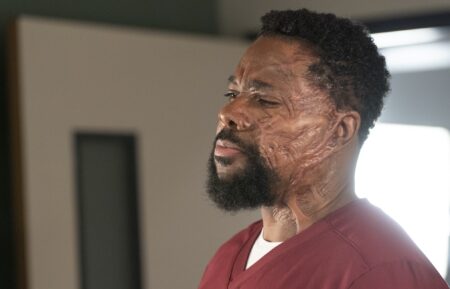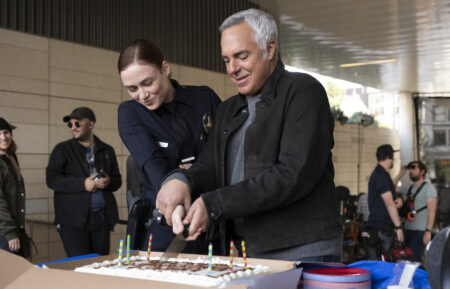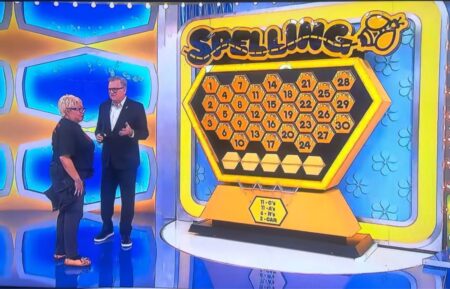Lilly Singh on What ‘The Mindful Adventures of Unicorn Island’ Says About Mental Health
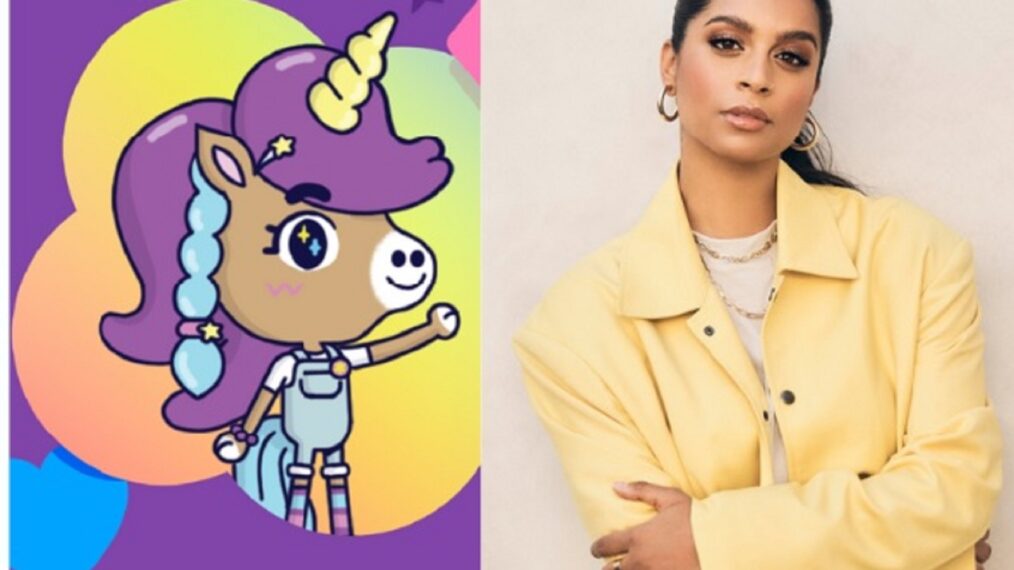
Q&A
Lilly Singh is welcoming families to her new show, The Mindful Adventures of Unicorn Island. The vibrant animated series available on YouTube tackles complex subjects such as managing emotions, which it does in a digestible way for children. Each episode delves into various topics within an environment filled with imagination and wonder.
At the center of the stories is 10-year-old Young Lilly, who travels to her happy place of Unicorn Island where “life’s struggles manifest in fantastical ways.” “Lilly-corn” runs into imaginary friends that resemble food like Pep and Velvet who help her learn valuable lessons.
For Singh, it’s all in an effort to destigmatize mental health and normalize feeling certain varying emotions. Her Unicorn Island Productions produces the project along with Headspace Studios and Kara Lee Burk. Adding to what makes the creator even more proud, is The Mindful Adventures of Unicorn Island features a predominantly South Asian voice cast.
Here the star delves into the making of the series and the important message it sends.
What kind of response have you received for the series so far? Anything surprising?
Lilly Singh: All of the responses have been super heart-warming. I myself don’t have kids, but I made this show with one intention. To start the conversation about mental health from a young age, especially in other cultures where it might be taboo. The show is super diverse for that reason. There was one post that punched me in the feels. Someone had recorded their son watching the show and one of the characters had a similar name as him. He had never heard his name Madhav in a show before. There was a caption that said, ‘This is for all the kids who never found their name on a license plate in a store.” I think people are really resonating with the message and diversity of the show. It has been really sweet.
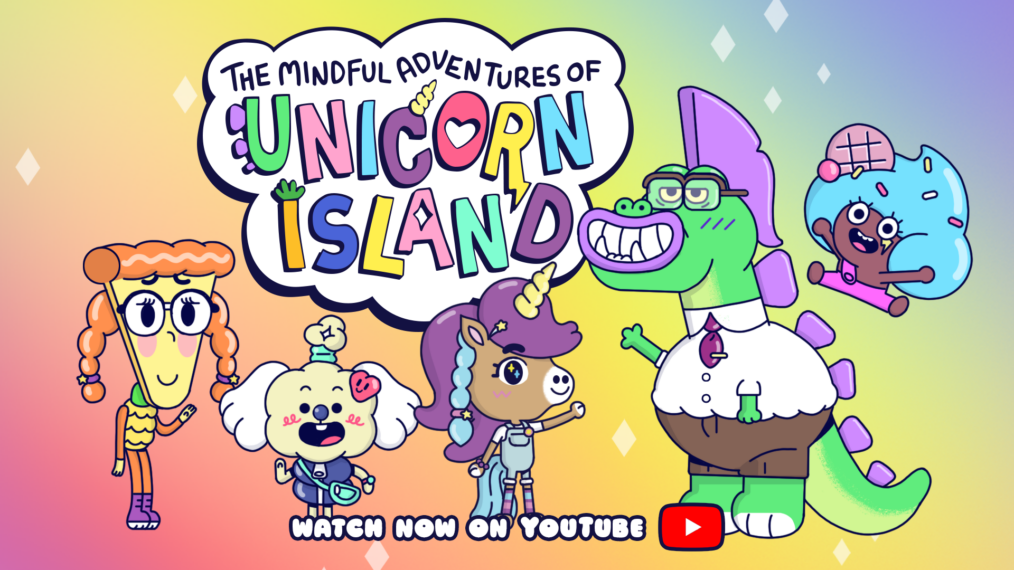
YouTube
Where did the idea come from to create the world?
The Unicorn Island brand has been with me almost since the beginning of my career. My first tour was “A Trip to Unicorn Island”. My first documentary was the same. It was always this fantastical world that I believe lived inside all of us and sitting in someone’s happy place. As an adult, it has been really special to learn in recent years that through mindfulness and meditation is where you can really tap into this place in yourself that is truly peaceful and joyous. We made a show that was still wild and fun, even though it promotes mindfulness and meditation. Honestly, the epiphany for me was as an adult I got into mindfulness and meditation. I wish I learned about this as a kid. All these skills I learned if I had them growing up, I feel like so much heartache could have been saved.
Many of the characters are taken after food like pizza and cupcakes. Tell me about the creation of the characters on Unicorn Island.
Some of them were things directly from my first tour “Trip to Unicorn Island”. This was my interpretation of what I would want in a fantastical world. I think the idea is for kids to see this and think, “What would be my Unicorn Island? What imaginary friends would I like and would manifest themselves?’ Pizza and cupcakes are very particular to me, especially popcorn. The popcorn Poppy is actually based on my real dog. And based on my favorite food. So, this is all a manifestation of all my favorite things. Hopefully, this encourages everyone to think about what theirs would look like.
For you, who is Dora? The voice that helps provide guidance to Lilly-corn.
Dora is in real life one of the many talented people that work at Headspace. Her voice is actually used in the app. Dora in my real life has been a common presence. Every episode I watch I think about myself in my real life, ‘Dora, Dora, where are you?’ I think we wanted a really warm, inviting voice for kids. It had to be perfect. It couldn’t be too monotone and couldn’t be too excitable. It had to be the perfect voice.
What were some of the challenges in covering hard topics in a way that kids could understand?
I think it’s a very wild and fantastical world we want kids to enjoy watching. On Unicorn Island, we always say we want to give people a message and a bunch of fun stuff. Candy and broccoli. That was the challenge. Walking that line. We talk about divorce, and conflict at school. How do we stay true to that without making it too heavy and making it fun? What is the right way to do this where the characters can talk about what they are going through in their lives and make it the demographic it’s supposed to be for. At the end of the day it’s a bunch of adults making this show. We need not project our interpretation of things onto it as well. If I did a body scan for me it would be, “Oh my God. My bills.” My this and that. It’s supposed to be for kids. You have to take these really complex exercises that have psychological reasoning and make it for kids. It’s a challenge but we’ve nailed it.
Any age group can relate to these lessons. Finding that balance is hard to do.
Yeah. I won’t even lie. I watched every episode of the show and it really started to become my favorite part of my day. To reflect on these episodes because I would find myself getting a lot calmer and also I would laugh out loud even though I would know what the writing is. I‘m proud. There are shows that say they are for the whole family, but I really think this is for the whole family.
Were there focus groups throughout the process?
The team at Unicorn Island combined with the team at Headspace really had superpowers in both of these areas. I think Unicorn in terms of storytelling we’re pretty good at saying kids don’t talk like this these days. The good news is a lot of people that do work for us have kids. They were our focus group. My head of development would show the show to their kids during their bedtime routine and give me direct feedback. I think with Headspace we have an entire curriculum that backs this show about how to talk about certain issues, and what words to use. In terms of animation, Atomic did our animation. They are very savvy with the characters and their features. It has been all these groups coming together.
Talk about the message you’re sending. That it’s okay to express feelings and emotions, and concentrate on mental health. Where do you think we are today when it comes to all this?
When I was growing up, not through my house or friends or teachers or my community, did I ever learn anything about mindfulness. I was never taught those skills. I think now when I’m talking with my newer parent friends in some schools they are introducing quiet reflective time or getting in tune with your emotions. These skills are super important. I think we have a long way to go until mental health is taken as seriously as physical health,, but I am happy to see strides being made. I hope this show is part of that stride.
What can you tell us about the next couple of episodes?
There are a total of 10 episodes. Throughout the series, you’ve seen Lilly struggle through her parents’ divorce, and conflict at school. You’ll see her struggle with all those things. I won’t say it all will be resolved with everything perfect in the end, but really her growth and understanding of how to tackle those two particular issues I think are really real. You see she kind of takes a leadership role with her family because of everything she is learning on Unicorn Island. I think that’s important because so often kids do teach their parents. What’s so special about this show is the kids that watch, perhaps their parents never learned about mindfulness and never had the tools. My mom watched the show and thought, “Yeah, that’s a really good exercise.” I think at the end of this first season you’ll see Lilly teaching her parents some things. That is a very special message.
Is there a topic you haven’t covered yet you want the show to explore?
Honestly, nothing is off-limits. There is an abundance of struggles unfortunately kids and adults go through. The sky’s the limit. All I know is we’ll get wackier and more real at the same time.
The show has a largely South Asian cast. What does that mean to you?
It honestly is the number one thing that drives me. It’s a huge priority at Unicorn Island Productions. In so many cultures it is taboo, especially in South Asian cultures. It’s a very underserved group of people. So, I’m glad we can make shows like this. I’m glad talent exists I can reach out to and make shows like this. Twenty years ago I‘m not sure I could call a bunch of friends and say we got to make this show. I’m happy that it exists as well.
What is it about the unicorn?
I’ve always really liked unicorns. They are so fantastical and mythical. I’m trying to create a world that seems so impossible that I think it can be really possible. This idea of what is a myth and may seem impossible I think is possible.
Social media often gets a bad rap for being negative and toxic. However, you’ve shown that it can be a tool to bring change and make a difference. For example your birthday campaign through September 26 that fundraises across Instagram, TikTok and YouTube.
You are absolutely right. Social media is a double-edged sword. It can be good, it can be bad, depending on how you use it. It can be divisive, but I believe in the power of using it to unify. My birthday campaign is in support of my charity Unicorn Island Fund. It is all about empowering girls and women in India. My birthday campaign sees my audience contribute x amount of dollars. This year I’m trying to raise $35,000 since I’m turning 35. I will match it dollar for dollar with that amount. Of course, I want to surpass that. What is cool about this campaign is every single dollar will be donated to the cause. There are no admin fees, so it’s directly helping girls in India.
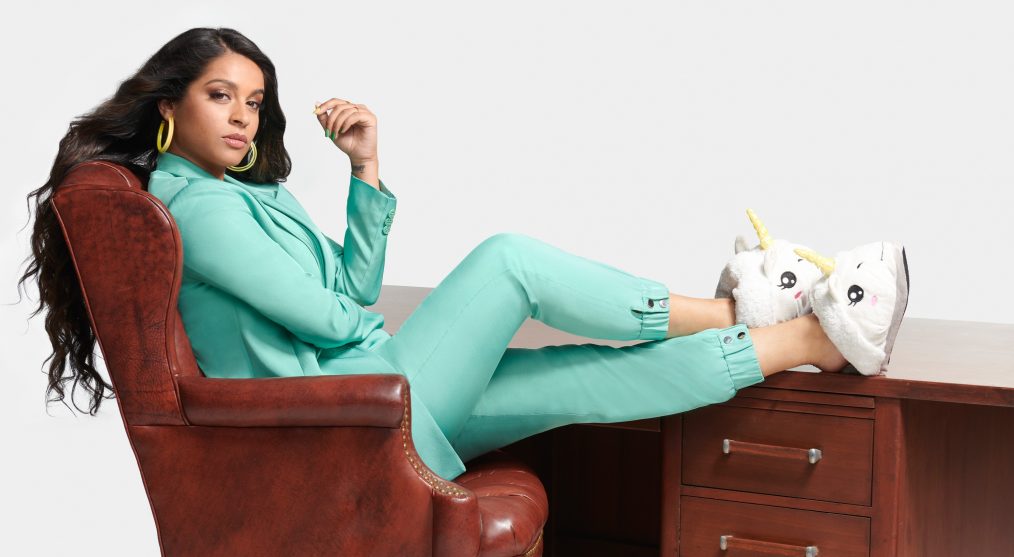
NBC
We talked earlier about representation. You certainly did that hosting A Little Late with Lilly Singh. Would a talk show be something you’d be open to again? If so, what would you change?
Never say never. Late night was amazing, but it was also really tough. I think if I were to do anything like that again I would have to make sure certain things are changed. Do I want to be in a situation where I’m an independent voice but under-resourced? No. I need to ensure if I ever do that again there are the resources to support and strategy to back up something like that because it was a huge undertaking. So I’m not going to say I would never do it again. I would possibly like that again. I’m always open to opportunities that come my way.
Lastly, I know you’ve done things for WWE and done content based on being a fan. Where are we at with our fandom today?
This is a forever-long fandom. Do I watch every episode of SmackDown and Raw? I don’t. But I know The Rock came back to SmackDown. Did I watch and fangirl? Absolutely! I think it’s infinity fangirling. I still go to WrestleMania. If I ever get a brand deal and wrestlers are involved, I’ll do it. For sure, it still holds a huge chunk of my heart.
New episodes of The Mindful Adventures of Unicorn Island, Tuesdays, YouTube.

